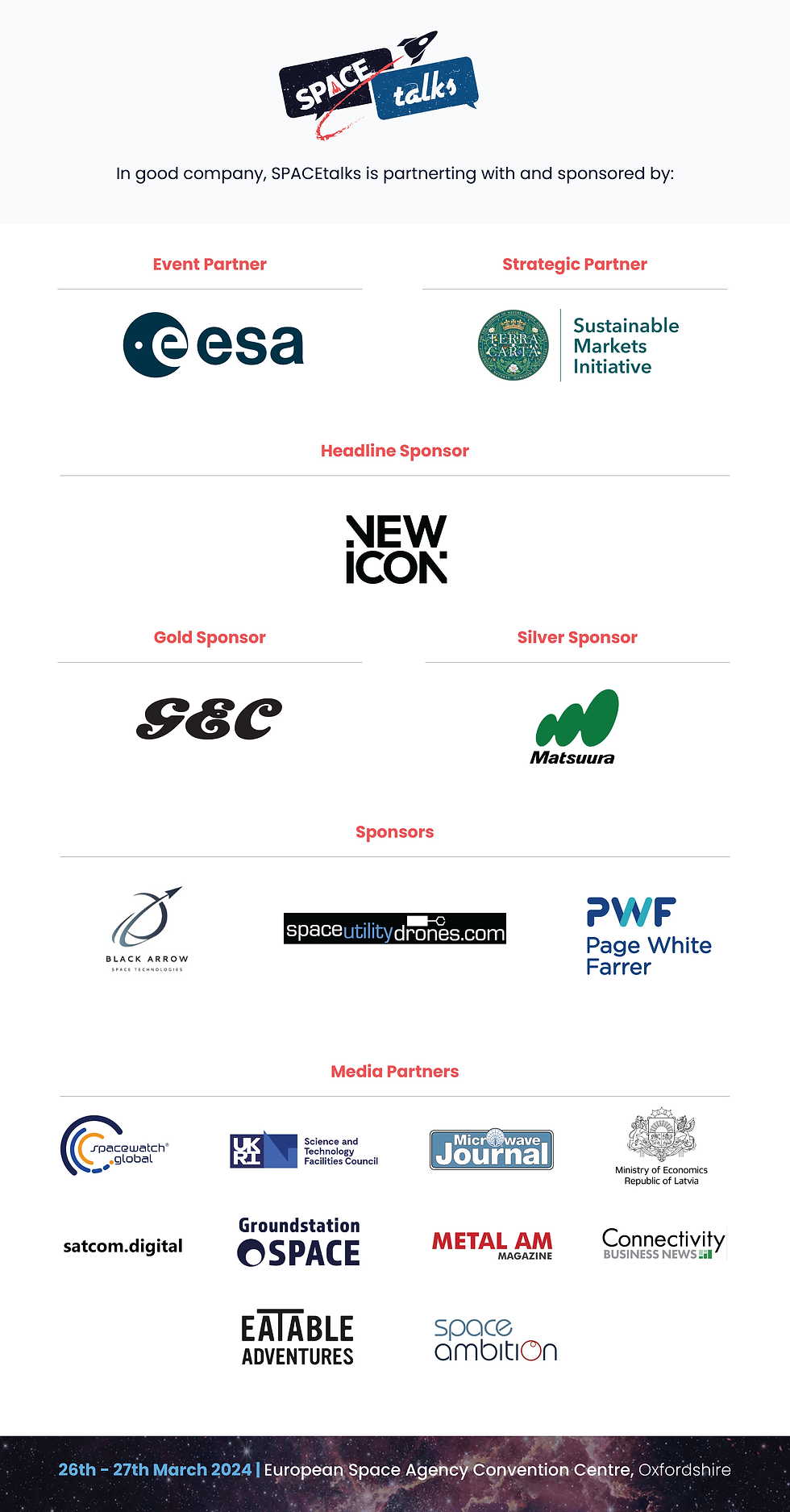Next-Gen Tech, Growth, and the Future of Space Investment with Krish Ramadurai
- Cosmonauts Team

- Mar 21, 2024
- 3 min read

SPACEtalks is less than a week away and we’re keeping the spotlight on our amazing line-up of speakers!
Today, we’re highlighting Krish Ramadurai, an Investment Partner at Harmonix Fund. Krish leads the firm’s technical due diligence, investment sourcing, and portfolio operational support across their healthcare, life sciences, and deep technology practices. At Harmonix, he built a top-decile performing portfolio of 40+ companies with a cumulative enterprise value of over $7 Billion. He has sourced and led due diligence for 30+ investments across early and growth stages with an extensive track record of success across multiple funds. He has backed numerous fundamental scientific breakthroughs spanning the world's first AI-designed drug in human trials to the first commercial rideshare satellite launched into space.
Furthermore, he is a multi-published author, scientist, advisor, guest lecturer, and former researcher at Harvard and MIT. His thought leadership has been featured in leading media outlets, including the Wall Street Journal, Venture Capital Journal, Yahoo Finance, World Economic Forum, Funds Europe Magazine, Economy Middle East, TechBullion, Apple Podcasts, Pulse 2.0, and Nikkei Asia.
From Krish’s rich experience to the tech he’s keeping an eye on, get an insider’s view on this investment leader’s insight in the exclusive interview below.



Comments